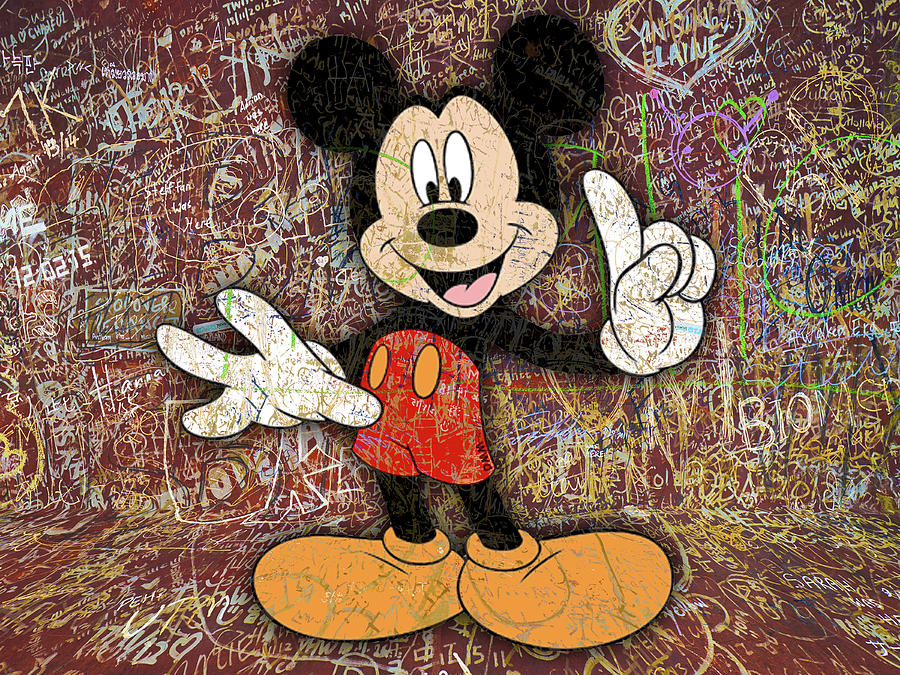We glorify the endless reverberations of the Nullity. Or we rather we glorify one half of the endless reverberations of the Nullity whilst demonising the other half, the counterpart half, the complementary half. Thus, in society we glorify success and demonise failure; we value ‘getting our own way’ over all else and say that it is the best thing in the whole wide world, whilst decrying the shameful failure to do so. We abominate one half of the sterile cycle and exalt the other and this is ‘the mark of our insanity’, so to speak. This is our insanity in a nutshell.
In a way we could say that the dominant process in this world (or at least the most apparently dominant process) is the process of identification, which is another way of talking about the one-way street of entropic degradation. Identification is a one-way street – it is the one-way street of getting closer and closer to an unreal attractor state. The pull to identify, to say that I am this or that I am that (or that the world is this or that the world is that, which is the same thing) is immense, incalculable. It overwhelms everything, it overrides everything. When we identify with something or other (as we always do) then this – as well as being the source of security. is also the source of our insanity. Being identified (i.e., thinking that we are this or that) is our insanity. It is ‘the source of our insanity’ and it is also our blind spot, which is to say, it is the one place we will never look. Just as the devout believer will never doubt the dogma of the religion they favour (absurd as it may be) so too we will never question the runaway insanity of identification.
This – needless to say – represents a radical revision of our normal way of looking at things. It’s a way of looking at things no one is going to want to entertain. The reason we aren’t in the market for radically new ways of looking at the world like this is because it would cost us too dearly, it would cost us our sense of security, our ‘sense of place,’ and we’re not prepared to even consider that. We won’t even consider considering it. Our entire rationale for existing in the world, functioning in the world, making a life in this world, is identity-centric and this means that exposing identity as the root cause of all our suffering, all our misery, all our confusion, is not going to go down well no matter what circles you may happen to move in. With regards to the vexed question of mental health for example, and how this may best be promoted, the problem is particularly obvious; it is particularly obvious as well as being particularly ironic. When we talk about mental health we’re talking about the well-being of the abstraction, we’re talking about the well-being of who we mistakenly think we are. Seeing as how our identity (who we think we are) is the root cause of our suffering our ongoing heroic efforts to further the cause of this abstract identity of ours can hardly be expected to achieve helpful results. How do we expect to obtain helpful results from the strategy of ‘promoting and safeguarding the well-being of our assumed identity’ when this assumed identity is in itself the source of our madness?
‘Madness’ isn’t a politically correct word to use within a MH context of course (understandably so since it has been used as a pejorative term for centuries) but we’re not talking about conditions such as anxiety or depression or bipolar affective disorder here, where we are visibly deviating from the norm as regards human cognition and behaviour. The type of madness we’re talking about here is the norm, we all share the madness of identification, it is common to us all and so there is no stigma, no marginalisation. It’s an ‘invisible madness’, therefore. Just to go back to our core argument, the state of passive identification (which is where we believe that we are whatever thought tells us we are) is a state of madness because by identifying we unfailingly call the Nullity down upon our heads. We can’t identify without incurring the ultimate insanity of not seeing the Nullity to be the Nullity – this perception is a perfect impossibility or us. To be flatly convinced that it is possible to identify with a particular POV (or any POV) and yet not incur the Nullity (and not be capable of understanding what it means by the term) is the precise nature of the confusion that we are talking about here.
No matter what POV we pick it’s always the same thing – all viewpoints are the same because all viewpoints call into play the basic, taken for granted framework of orientation of this versus that, here versus there, self versus other. No matter what identity we claim to be the situation we buy into is actually ubiquitous –we’ve been swallowed up by an all-consumed polarity and polarities – by their nature – are always self-cancelling. This is the situation of being bounded, which is also the situation of being identified, which is also the state of being polarized. Being identified means that there absolutely is a ‘here versus there’; it means that we are bounded and being bounded means that we are existing within that state of disguised redundancy which is ‘the polarity of thought’. Frameworks equal polarity and polarities equal the Nullity.
Operating within a framework allows us to have the possibility of unambiguously occupying a definite location and we rely on this business of being unambiguously localized (the possibility of being definitely located in somewhere or another within the black and white terms of the FW) for this sense of security that we’ve been talking about. Being ‘definitely located’ is just another way of talking about identity, therefore. Being located precisely within the terms that have been imposed by the FW equals identity, but the snag which we’re turning a blind eye to is that there is no such thing as ‘the FW’ – that’s just something we make up ourselves in order that we might obtain the wonderful boon of ontological security for ourselves. It’s the only way to obtain the wonderful boon of OS. We turn a blind eye to the glitch but this doesn’t mean that the glitch goes away – on the country, it comes back to bite us straightaway, only now it is empowered to bite us (i.e., nullify us) without us having the capacity to know what is going on. By pretending that FWs are real when they’re not we make ourselves into ‘victims of the glitch’, therefore.
The unwanted backlash that comes our way as a result of us opting for the ‘apparent security’ of the identity, the ‘apparent security’ of the definite viewpoint, is our own nullity, as we keep saying. We insist on taking the framework for granted in everything we do and this immediately rebounds on us because we are now compelled to see what the FW presents to us as being real when it isn’t. We have made the FW into ‘the bedrock of reality’, we have made it into something that we are fundamentally incapable of examining and this plunges us into the inverted analogue of reality, which is ‘the game we play without knowing it’. The inverted analogue of reality is the only type of ‘reality’ the self can ever hope to exist in and so it becomes more than just a little bit important that we never see the inversion for what it is. Not seeing this is the name of the game…
The closed, endlessly rotating analogue of reality is all we ever know (not that we actually ‘know’ it, of course). Seeing the world via the agency of thought means we only ever see things in bite-sized portions, bite-sized portions that contain only one half of the ongoing vibration at any one time. The one thing thought will never show us is ‘both sides of the story at the same time’; as J.G. Bennett says, when the divided self is aware of the affirming impulse then it can’t be aware of the complementary denying one, and vice versa. The Divided Self is a puppet of mechanical forces, in other words; it’s a ‘slave to the glitch’. We might take this on board (to a certain degree) but still imagine that it should be possible to cut the puppet strings and gain independence from the glitch that is causing us to keep going around in tight circles. We always do imagine freedom or autonomy to be a possibility for us of course; this hope is what keeps us going because they’d be no point to anything otherwise. To think this is the ‘core illusion’ itself however; to imagine that the self could ever exist outside of the glitch, independently of the glitch, is an illusion because the only way we can experience the self as being real is if we identify with either the affirming impulse or the denying one and accordingly feel ourselves to be either ‘a winner’ or ‘a loser’. We experience euphoria or dysphoria as a consequence of this ‘act of identification,’ in other words. If we weren’t utterly oblivious to half of the picture then there couldn’t be the self in other words; the overwhelmingly compelling perception of concrete selfhood (or ‘locality’) is a function of entropy, a function of being mechanical-without-knowing-it, a function of our fundamental blindness to what’s really going on…







Jeff H Shampnois
This extends and enriches what I was trying to say recently. Thanks.
zippypinhead1
Thanks Jeff. We must be working in tandem!